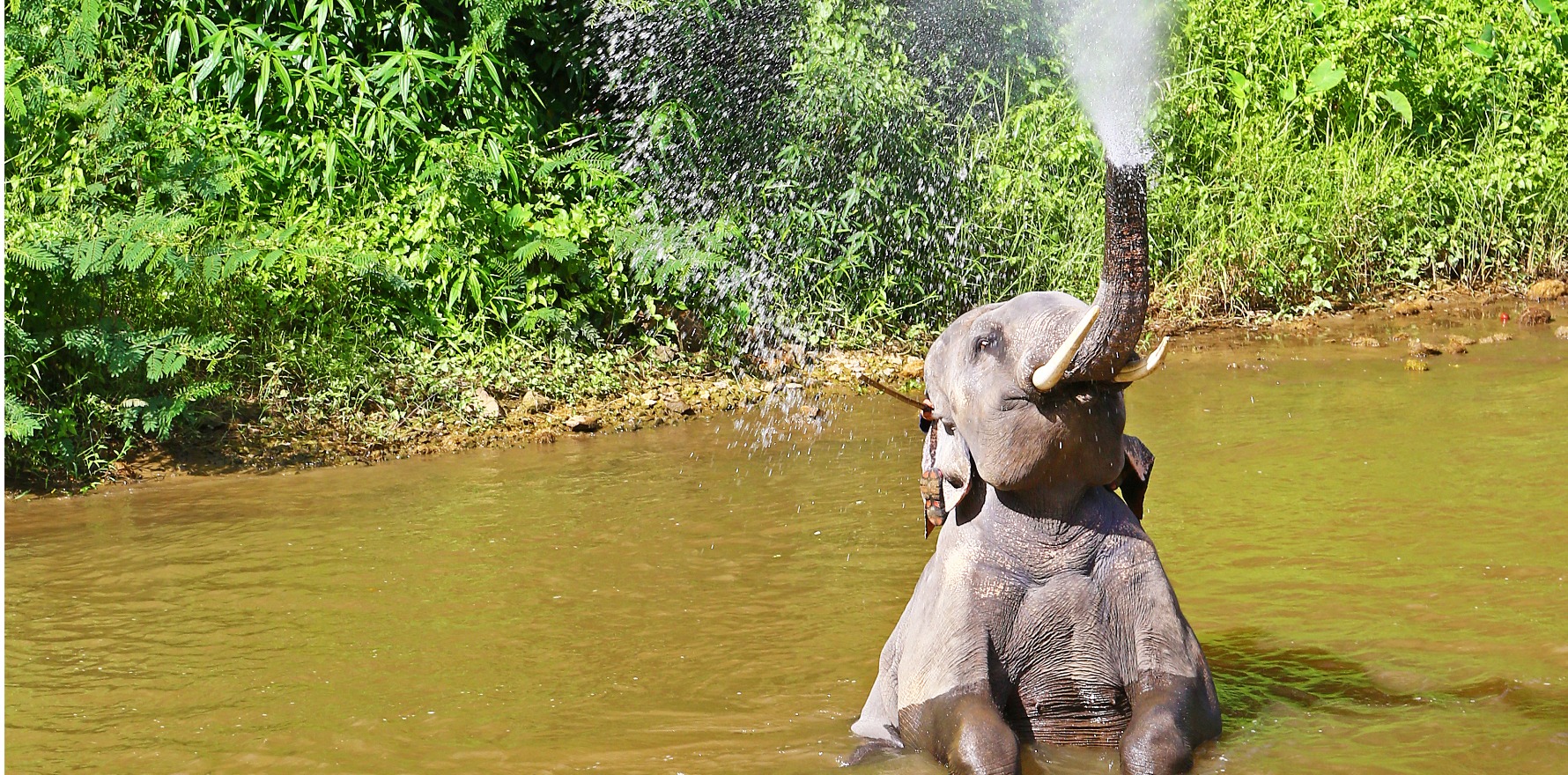Australia might not be far behind, with news the company behind the drug is preparing a submission to the TGA.
The US Food and Drug Administration has approved the first ever epinephrine nasal spray for the treatment of anaphylaxis.
The news comes as CSL Seqirus told Gut Republic it was preparing a submission to the TGA seeking approval to bring the drug, known as neffy, to Australia.
CSL Seqirus, a subsidiary of CSL Limited, announced in May it had signed an exclusive licence and distribution agreement with neffy’s developer and producer ARS Pharma, to commercialise the nasal spray in Australia and New Zealand.
“CSL Seqirus is thrilled to be partnering with an innovative company in ARS Pharma to work towards making this innovative needle-free adrenaline device for anaphylaxis treatment available for people in Australia who live with severe allergies,” the spokesman told GR.
“We are working through the various regulatory aspects to confirm a timeline for submission to the TGA that enables potential access for patients as early as possible.”
Dr Jonathan Anderson, CSL Seqirus’ executive medical director for international regions, said additional ways of delivering adrenaline treatment could help reduce the burden of anaphylaxis in Australia.
“It is estimated that allergies and anaphylaxis have been on the rise in Australia over several decades. As there is no cure this has become a significant public health issue,” he said
According to data from the Australian Commission on Safety and Quality in Health Care, emergency department presentations and hospitalisations due to anaphylaxis grew by 51% and 35% respectively in Australian public hospitals in the five years to 2019-20.
“Unlike the UK or USA, anaphylaxis fatalities have increased in Australia in parallel with hospitalisations, which is a concerning trend,” said Dr Anderson.
The FDA’s fast-track approval of neffy for the emergency treatment of allergic reactions will apply to adults and children who weigh at least 30kg. The approval was based on four studies in 175 healthy adults without anaphylaxis, that measured the epinephrine concentrations in the blood following administration of neffy or approved epinephrine injection products.
Results from these studies showed comparable epinephrine blood concentrations between neffy and approved epinephrine injection products. Neffy also demonstrated similar increases in blood pressure and heart rate as epinephrine injection products. A study of neffy in children weighing more than 30kg showed that epinephrine concentrations in children were similar to adults who received neffy.
In a statement, Dr Kelly Stone, associate director of the Division of Pulmonology, Allergy and Critical Care in the FDA’s Centre for Drug Evaluation and Research, said neffy provided an important treatment option.
“Today’s approval provides the first epinephrine product for the treatment of anaphylaxis that is not administered by injection. Anaphylaxis is life-threatening and some people, particularly children, may delay or avoid treatment due to fear of injections,” said Dr Stone.
“The availability of epinephrine nasal spray may reduce barriers to rapid treatment of anaphylaxis. As a result, neffy provides an important treatment option and addresses an unmet need.”
Neffy is a single dose nasal spray administered into one nostril. As with epinephrine injection products, a second dose in the same nostril may be given if there is no improvement in symptoms or symptoms worsen.
The most common side effects of neffy include throat irritation, paraesthesia, intranasal paraesthesia, headache, nasal discomfort, feeling jittery, fatigue, tremor, rhinorrhoea, nasal pruritus, sneezing, abdominal pain, gum pain, numbness in the mouth, nasal congestion, dizziness, nausea and vomiting.
Neffy was one of several needle-free epinephrine nasal sprays and a new sublingual film to come up for discussion in presentations at the American Academy of Allergy, Asthma and Immunology 2024 annual meeting earlier this year.
As reported by GU’s sister publication The Medical Republic, specialists showed strong support for needle-free options for the emergency delivery of epinephrine to treat anaphylaxis.


